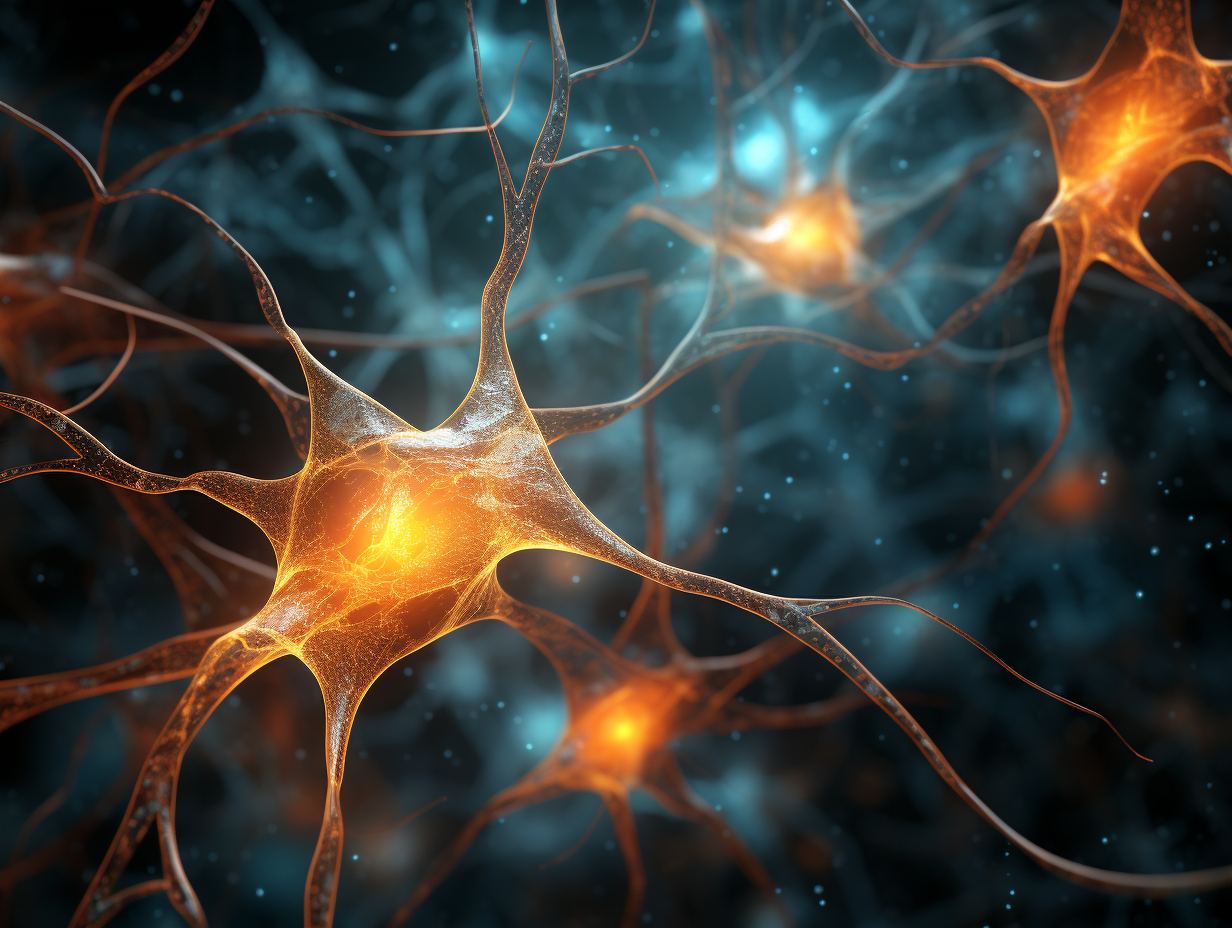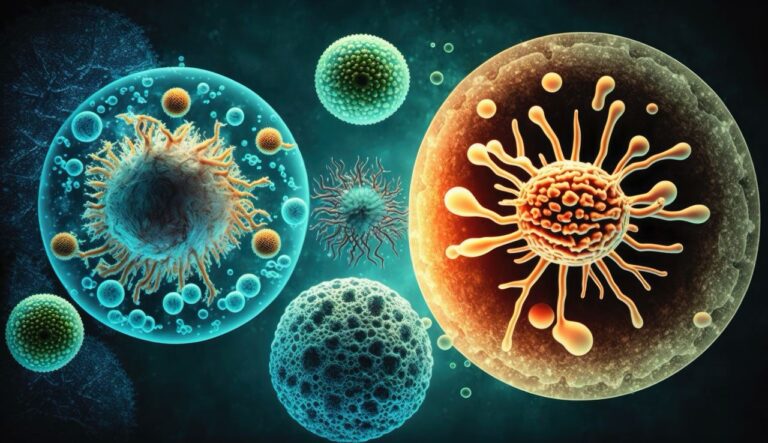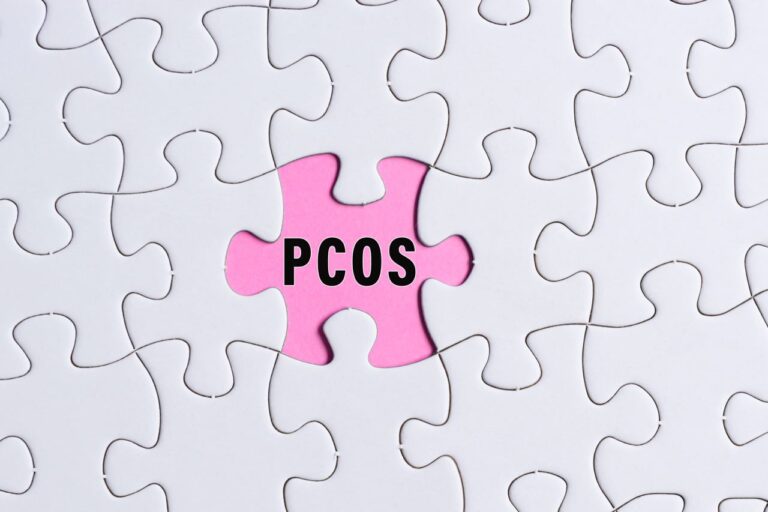Guardians of the Mind: Exploring the Neuroprotective Effects of GLP-1 Medications in Diabetes Care
In the intricate dance of diabetes management, where the ripples of the condition go way beyond just sugar levels, enter GLP-1 (glucagon-like peptide-1) medications—a tale with layers. Beyond their solid track record in keeping blood glucose in check, there’s a captivating narrative brewing around the potential brain-saving effects of these meds. This article takes a journey into the delicate waltz between GLP-1 medications and the mind’s well-being, shining a spotlight on their potential to protect the noggin and what it means for folks navigating the maze of diabetes.
Diabetes, with its fingers in various organ pies, isn’t just about metabolic control—it’s also a whisperer of tales about cognitive health. Our brain, the guardian of our mental mojo, faces hurdles in the diabetes realm, sparking worries about brain fog and nerve twists. And in strolls GLP-1 meds, not just as blood sugar bouncers but maybe as mind custodians.
The brain bumps associated with diabetes, aka diabetic encephalopathy, are a puzzle with many pieces. From thinking slowdowns to a higher chance of brain hiccups, the brain’s struggles call for a holistic diabetes dance. Enter GLP-1 meds, now under the spotlight for potentially weaving a shield around the delicate mental tapestry.
Research parties have been key players in unwrapping the mind-safe perks of GLP-1 medications. Early studies hint that these meds could be peacekeepers, calming oxidative stress, inflammation, and neuronal drama—factors in the soap opera of diabetes-related brain woes. Plus, the hint that GLP-1 meds might breakdance through the blood-brain barrier adds a spicy twist to their mind-protecting reputation.
The bonus heart hugs linked to some GLP-1 meds bring an extra groove to their potential mind-protecting moves. Since the heart and brain do the tango together, the good vibes for the ticker might just extend a hand to the brain too. Cardiovascular jam sessions (CVOTs) have turned into stages not just for heart tunes but also for potential mind-soothing effects.
Understanding how GLP-1 medications might double as mind guardians flips the script for cognitive health in the diabetes storyline. Beyond just sugar control, these meds could be shields against mental fogginess and brain hiccups, creating a full-on dance for diabetes care that sways between metabolic and mental well-being.
In closing, the unexplored terrains of diabetes management and the mind-guarding allure of GLP-1 medications are a spark of optimism. Beyond their usual gig in glycemic control, these meds might be the heroes safeguarding the brain from the labyrinth of diabetes challenges. As we waltz through the ongoing exploration of their mind-protecting moves, new paths unfold for a holistic grasp of how GLP-1 medications impact not just sugar stats but the intricate world of cognitive well-being in the diabetes adventure.







